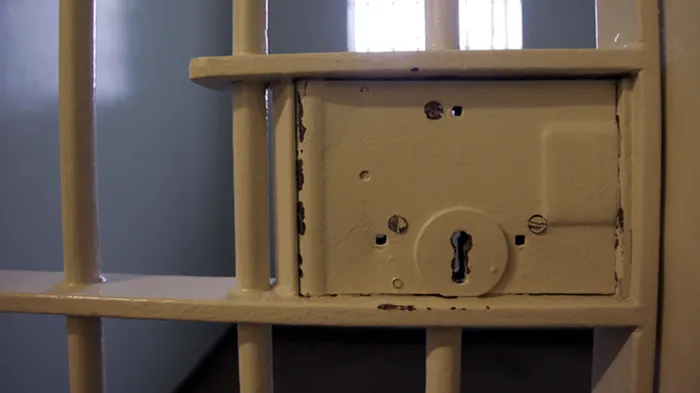Send kids to school or face jail time

Parents who keep their children out of school could soon be fined or slapped with jail time up to 12 months.
Cape Town - Parents who keep their children out of school could soon be fined or slapped with jail time up to 12 months.
The sanction is one of several proposed changes to the Basic Education Laws Amendment Bill, which seeks to amend the South African Schools Act of 1996 and the Employment of Educators Act of 1998.
The portfolio committee on basic education will host public hearings on the bill in the Western Cape this weekend.
Among the key amendments that the public will be able to comment on include: criminalising parents who do not ensure their children are in school; allowing schools to sell alcohol outside of school hours; holding school governing bodies more accountable for the disclosure of financial interests, including those related to their spouses and family members; and prohibiting educators from conducting business with the state or being a director of public or private companies conducting business with the state.
They also include making grade R the new compulsory school starting age, as opposed to grade 1, as is currently the case and compelling the registration of home-schooled learners.
Basic Education spokesperson Elijah Mhlanga said the criminalisation of parents was to hold adults to account who kept children out of school.
“The Bela (Basic Education Laws Amendment) Bill is important because learners drop out of school and stay at home with their parents and guardians, but instead of blaming the parents the department gets accused of being responsible for the dropout rate.
“The intention is to criminalise the prevention of learners from going to school, particularly in regard to protest action that results in the closure of schools due to matters unrelated to education. In that provision, those who, without a valid reason, prevent children from going to school must also be held accountable.”
Western Cape Education Department (WCED) MEC David Maynier said they did not support the DBE.
This after the WCED made amendments to its own Western Cape School Education Amendment Bill a year ago.
“The Western Cape Government does not support the bill, as it attempts to erode the powers of school governing bodies, which would reduce the say that parents have in their children’s education.
We encourage all interested education stakeholders to attend the public hearings and make their voices heard on this important matter.”
Executive director of the National Professional Teachers’ Organisation of South Africa (Naptosa), Basil Manuel, said the bill seemed “harsh to say that it’s the criminalisation of parents”.
“It is the responsibility of the parents to ensure that the children are in school, but what if they fail at that?
“As part of our Child Act, it does put this responsibility on parents or guardians to act in the best interest of the child and if they don’t act in the best interest of the child then that’s where the problem is.
“The bill is simply re-emphasising the parents’ responsibility and we are satisfied with that.
“It stands to reason that schools should be protected and the sale of alcohol seems to work against that.
“If adults did what they are supposed to do there could be no danger. Naptosa supports the fact that the sale of alcohol should not be permitted in school because of this. We would prefer that it doesn’t happen at school,” he said.
Malcolm Venter, provincial executive officer of the Western Cape Governing Body Foundation, echoed that the imprisonment of parents was harsh.
“We do believe that sending parents to jail for almost 12 months is very much. We support that alcohol can be sold in school under strict regulations,” he said.
Chief executive of the Association of Public Boys’ Schools, Tim Gordon, said: “As long as the imprisonment is used as a last resort we support it. We do believe that children and alcohol don’t mix.
We believe that it should be closely monitored and no learners present during the sales then it can be sold. It is sensible to sell when children are excluded in fundraising and staff end-of-year functions where children are nowhere near, under controlled circumstances.”
Parents for Equal Education SA founder, Vanessa le Roux, said she supported the “criminalisation of parents who fail in their duty to parent 100%”.
“If these children are not in school, we will eventually find them in court or juvenile centres. However, we focus on the parents, yet we say nothing about governments that fail to provide basic education to these learners.”
Le Roux said that “alcohol should be kept away from institutions of learning and schools must find other ways to fundraise”.
The public hearings will start at the Pacaltsdorp Community Hall in George from 2pm to 6pm on Friday, then move to Montana Community Hall in Wolseley from 12pm to 4pm on Saturday before concluding at the Gugulethu Indoor Sports Complex from 12 to 4pm on Sunday.
Cape Times